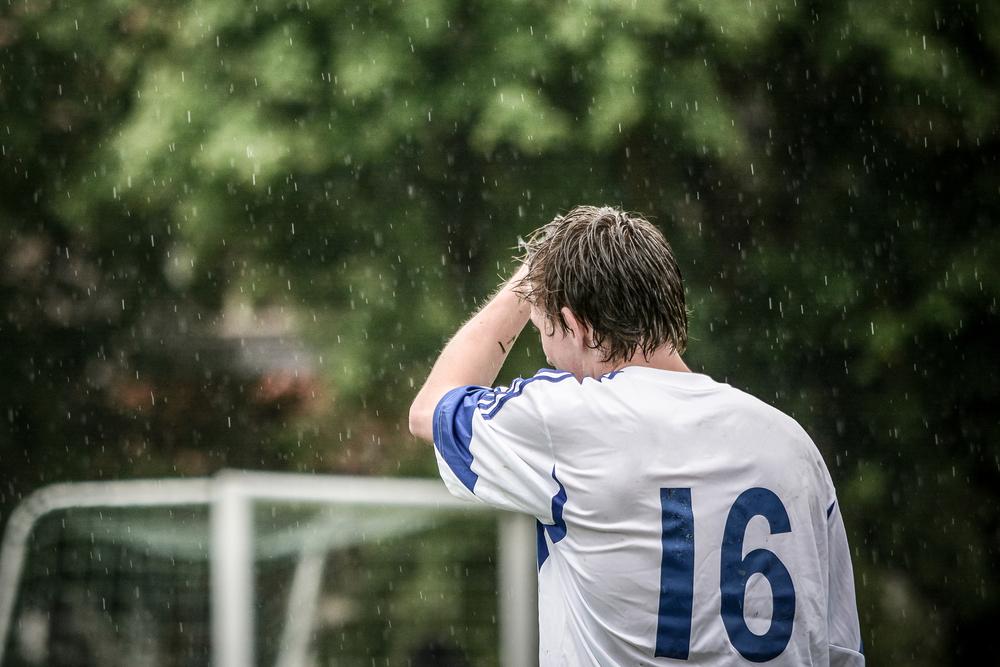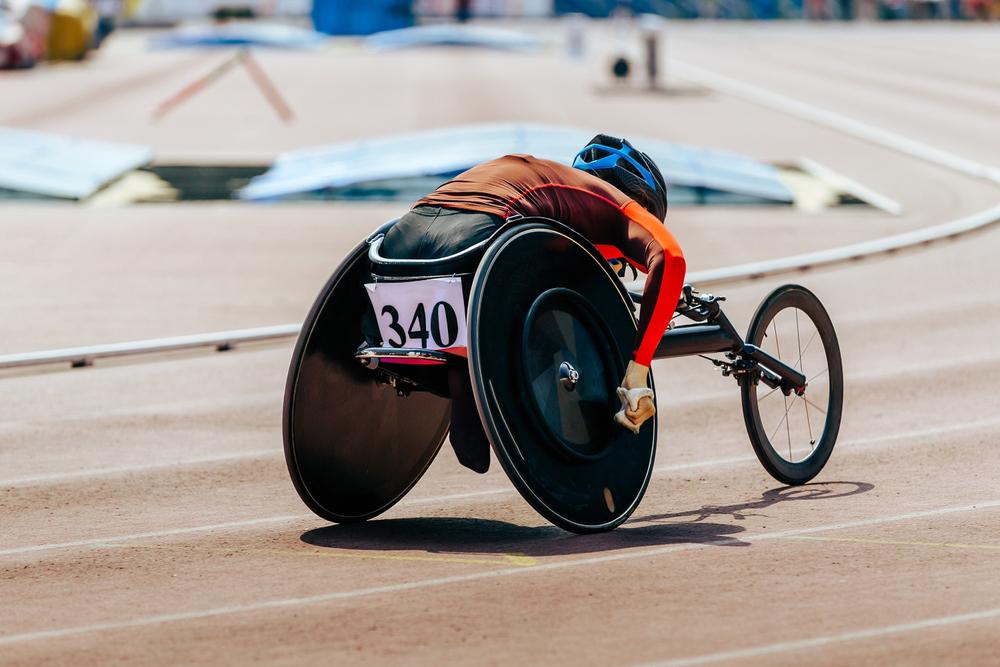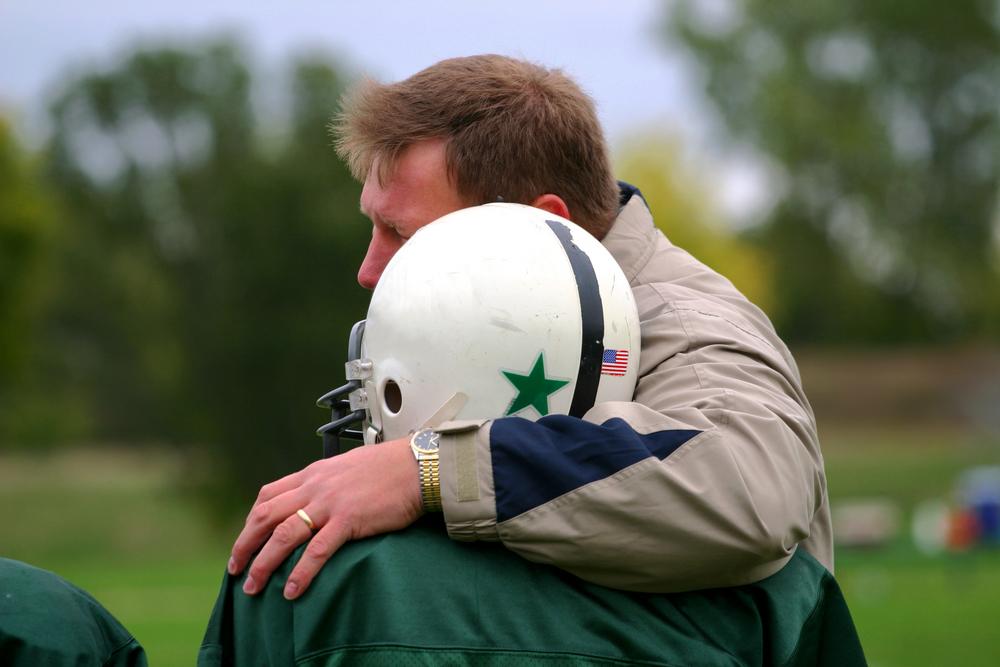 When we talk about decision-making, it’s with the understanding that not every decision is going to be the right one. Games are lost, tests are failed, and athletes are constantly reminded of bad decisions made during a game or school.
When we talk about decision-making, it’s with the understanding that not every decision is going to be the right one. Games are lost, tests are failed, and athletes are constantly reminded of bad decisions made during a game or school.
It’s impossible to get through an athletic career (or life) without some bad decisions along the way. But how an athlete comes back from those bad decisions and mistakes—both big and small— is what truly defines a champion. Jim Afremow, PhD, LPC, and author of The Young Champion’s Mind: How to Think, Train, and Thrive Like an Elite Athlete and The Champion’s Comeback: How Great Athletes Recover, Reflect, and Reignite shares some tips for parents and coaches to help them navigate the tricky waters of staging a comeback.
Mistakes and Bad Decisions are Going to Happen—Recovering is What Matters
Try to help athletes understand the mastery approach, also known as a growth mindset.
“All humans are fallible,” says Afremow, but “champions are like corks in water – you push them down, they bounce back up.”
The key to a champion mindset is resilience. Afremow adds, “The more mature approach to sports and life is that you’re on a path to mastery – triumphs or disasters are just things that happen along the way.”
Calm is Contagious
“Parents and coaches need to manage their own stress in order to avoid stressing out the athletes,” says Afremow. Student athletes pick up on adult emotional cues but can’t necessarily separate the feelings of others from their own feelings.
“I tell coaches that calm is contagious,” adds Afremow. Even when an athlete makes a bad decision, your calm reaction to that decision will help the athlete to process it, find a solution, and move on.
Bad Decisions Don’t Mean Bad People
No matter what bad decision your athlete made, the first step towards staging a comeback is to understand that a bad decision isn’t the same as being a bad person.
Afremow suggests that parents and coaches start by trying to understand why the athlete made the bad choice. For instance, an athlete caught cheating on a test may have done so because of a fear of being kicked off the team or disappointing their parents. “Everyone has a private logic, and when we make a bad decision on the outside, there was likely a good intention on the inside,” says Afremow. Of course, the reason doesn’t excuse a bad decision, but it does help to understand that rarely are bad decisions made with bad intentions. Separating the person from the decision makes it easier to begin to develop a comeback strategy.
Start with the Small Stuff
“Go from small to big decisions,” says Afremow. Discussing and reflecting on small bad decisions and how an athlete comes back from them are important even at a young age because it helps establish smart habits later in life when big bad decisions can be made.
If you’ve established a rapport talking about a missed shot or a strikeout, it’s easier to have the harder conversations when a bad decision could truly impact your athlete’s life. It doesn’t have to be a deep, intense discussion – even a few minutes discussing what went right, what went wrong, and what an athlete wants to work on for next time can help make the harder discussions down the road easier.
Beware of Perfectionism
“It’s not all about being perfect after the mistake is made,” says Afremow. Too many young athletes get caught up in this idea of being perfect all the time, but that can actually lead to an avoidance of accepting fault or blame.
Afremow explains, “There are a few self-defeating mantras that people seem to get stuck on: ‘I must never fail or make a mistake’ or ‘I should always be strong.’ What’s underlying the inability to accept mistakes or admit mistakes is this belief that ‘I am my performance.’ Coaches find that most athletes take feedback too personally, seeing it as criticism instead of help. If an athlete believes that he equals his performance, ‘If I play bad, I am bad,’ then it’s hard to accept feedback. But without feedback, we struggle to improve.”
Create the Road to Redemption
“We let people out of prison,” says Afremow. “It’s less about being punitive and more about how we can keep going and growing together. There do need to be consequences, but there should also be a way for an athlete to come back from a bad decision. But an athlete has to want to come back from that decision. The person who screws up has to convince you that they want to change and want your help.”
If your athlete is caught cheating on a test, for example, there are consequences for that decision, but there are also comeback strategies that can help the athlete in the future. Perhaps that athlete needs a tutor, or a more structured academic and sports schedule.
Lay out the new expectations, point out that specific behaviors are unacceptable, and allow the athlete to decide where they’re going to go from here.
Teach a Sense of Ownership
“There are thumb people, the type who point their thumb at themselves, who say, ‘I made a mistake,” Afremow says. “And there are finger pointers, who want to blame everyone else.” Your athlete should be able and willing to take responsibility for their actions on and off the field – that’s the most important lesson that you can instill in them at a young age. So, if your athlete consistently finds ways to blame others for game-losing mistakes, work to help them to develop a stronger sense of personal responsibility as early as possible.
Share Your Stories
“Parents and coaches can also help by sharing the flubs and mistakes that they’ve made that might have been similar. Doing that helps to normalize mistakes and shows that mistakes are part of life,” says Afremow.
Afremow explains, “Coaches and parents forget how hard the game is – I hear this from athletes all the time. So, a good way to bond is to discuss and share stories that show that you know how they feel and how hard things actually are. It shows that you can empathize with the athlete, if you’ve been there yourself.”



